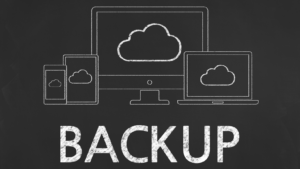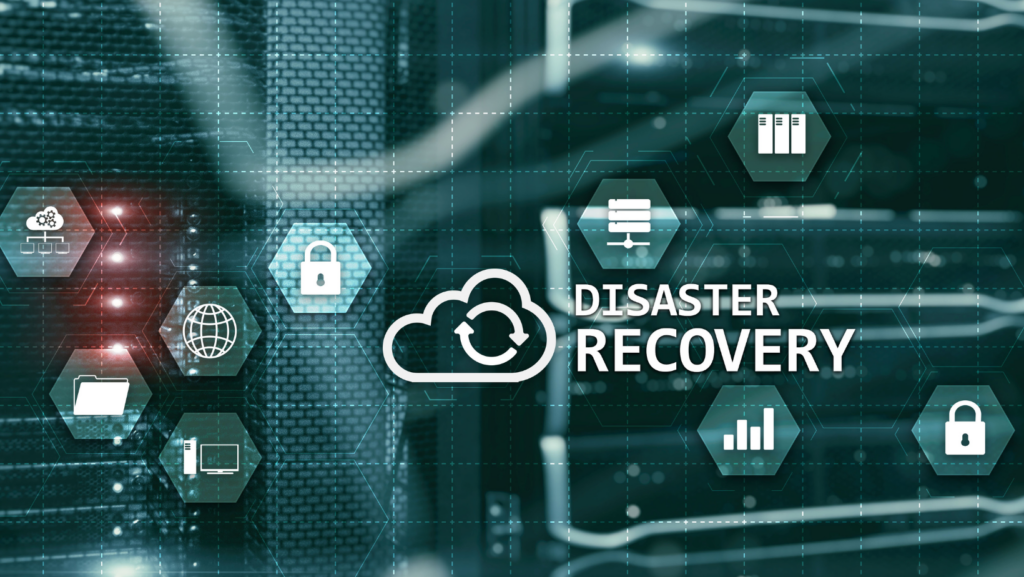In the fast-paced digital world, data is the lifeblood of any business, big or small. Every entrepreneur knows that losing valuable data can be a crippling blow. It’s a real risk, but one that can be mitigated with the right backup solutions and transforming spaces.
Backup solutions for small business often lies in finding a solution that’s both effective and affordable. From cloud-based services to physical storage devices, the options are plenty, but which one truly meets your needs? This article will explore the various backup solutions tailored for small businesses, helping you make an informed decision to safeguard your precious data.
So, let’s dive in and explore how you can bulletproof your small business against data loss. After all, it’s not just about backing up data, it’s about securing your business’s future.
Backup Solutions for Small Business
 In achieving risk mitigation against data loss, backup solutions for a small business owner can be critical. This section delves into why backup solutions are emphatically vital, followed by an exploration of various types of backup solutions.
In achieving risk mitigation against data loss, backup solutions for a small business owner can be critical. This section delves into why backup solutions are emphatically vital, followed by an exploration of various types of backup solutions.
Data stands as an invaluable asset for businesses, large and small, making its protection an absolute priority. Loss of data, if it occurs, presents hefty operational and financial implications, casting a tangible threat to a business’s future. Therefore, backup solutions are not a mere option, but rather a necessity. They’re the primary line of defense in securing data from potential losses arising from accidental deletion, hardware failure, ransomware, or natural disaster.
Types of Backup Solutions
 Among the myriad of backup solutions, they mainly fall into three categories: local, offsite, and cloud-based solutions.
Among the myriad of backup solutions, they mainly fall into three categories: local, offsite, and cloud-based solutions.
-
Local Backups: This method involves storing data on local storage devices like hard drives, solid state drives, or tapes. It’s quick, convenient, and offers easy access to backed up data, but it’s susceptible to physical damages and theft.
-
Offsite Backups: In this case, backups are stored at a location distinct from the business premises. It adds a layer of protection against onsite physical damages, although retrieval might be slower compared to local backups.
-
Cloud-Based Backups: Becoming increasingly popular, cloud-based solutions store data on secure, remote servers accessed via the internet. They offer a high level of flexibility and scalability, essential for growing businesses. The data stays accessible from any location that has internet service, providing an additional layer of convenience for businesses.
In essence, selecting the ideal backup solution depends largely on the specifics of the business in question, such as the size, budget, and criticality of the data. Over time, solutions evolve; hence it’s recommended to assess and revise backup strategies regularly.
Key Features to Look for in Backup Solutions
 To select a robust and efficient backup solution, businesses prioritize certain features. Features such as automation and simplicity, security and encryption, and scalability and flexibility deliver optimum value.
To select a robust and efficient backup solution, businesses prioritize certain features. Features such as automation and simplicity, security and encryption, and scalability and flexibility deliver optimum value.
Backup solutions for small business that automate data operations offer convenience as well as time-efficiency. These systematically save data at specified intervals, reducing the possibility for human error. By adopting such solutions, businesses can switch from data-burdened to data-driven, enabling more strategic decision-making and efficient operations. A busy entrepreneur can capitalize on this automation feature that doesn’t require manual inputs continuously. Additionally, a solution that’s user-friendly and uncomplicated expedites the learning process, especially for those inexperienced with technology, leading to quicker implementation and utilization.
Security and Encryption
Security remains paramount in any data management solution. Backup solutions integrate security features, like advanced encryption algorithms, to guard against data breaches. Any high-quality solution encrypts data both in transit and at rest, offering comprehensive protection. This dual encryption ensures that even if a data breach occurs, cybercriminals can’t decipher the secured information. For instance, AES-256 encryption – a standard in the industry – serves as an effective deterrent against hackers.

